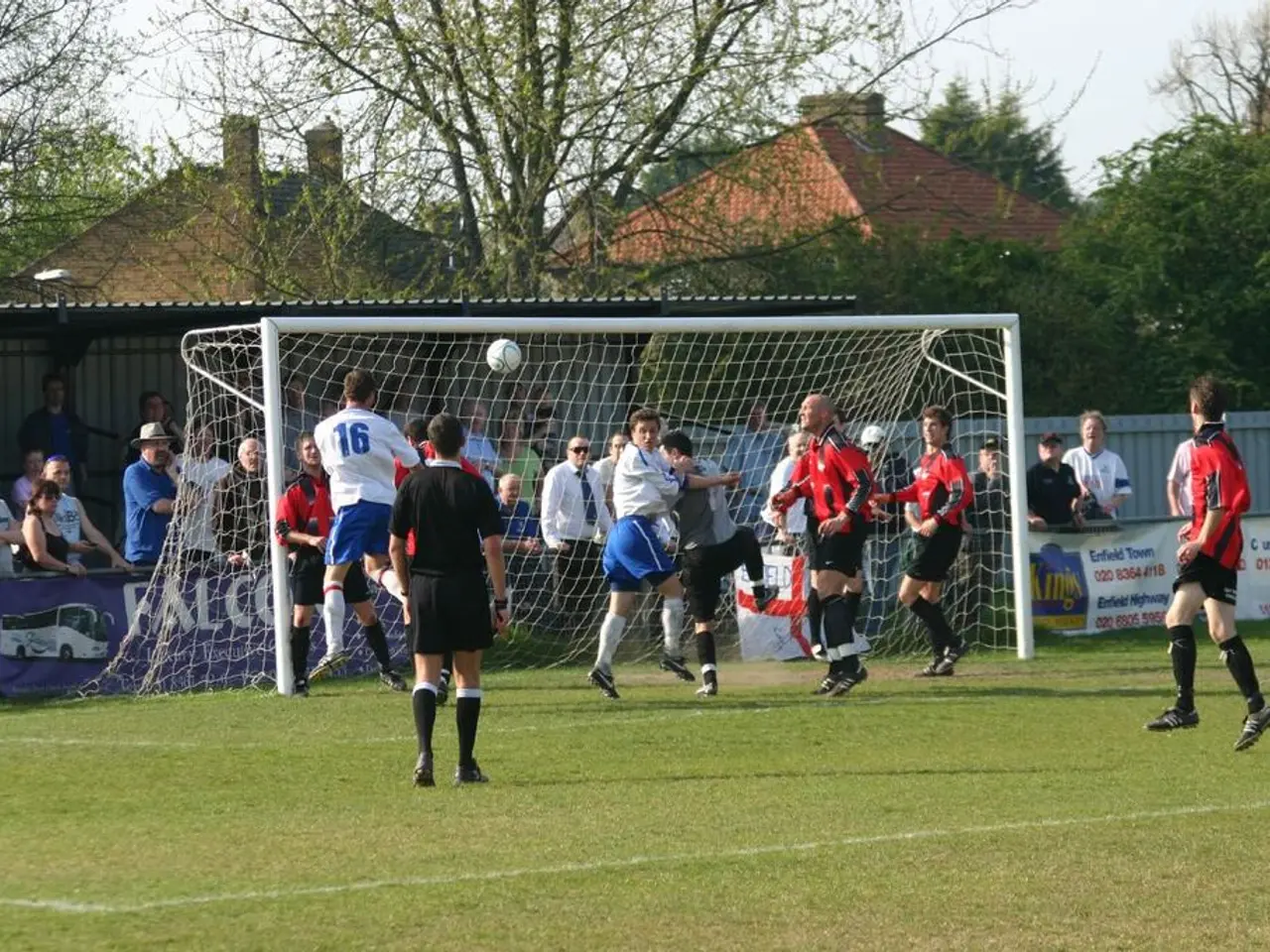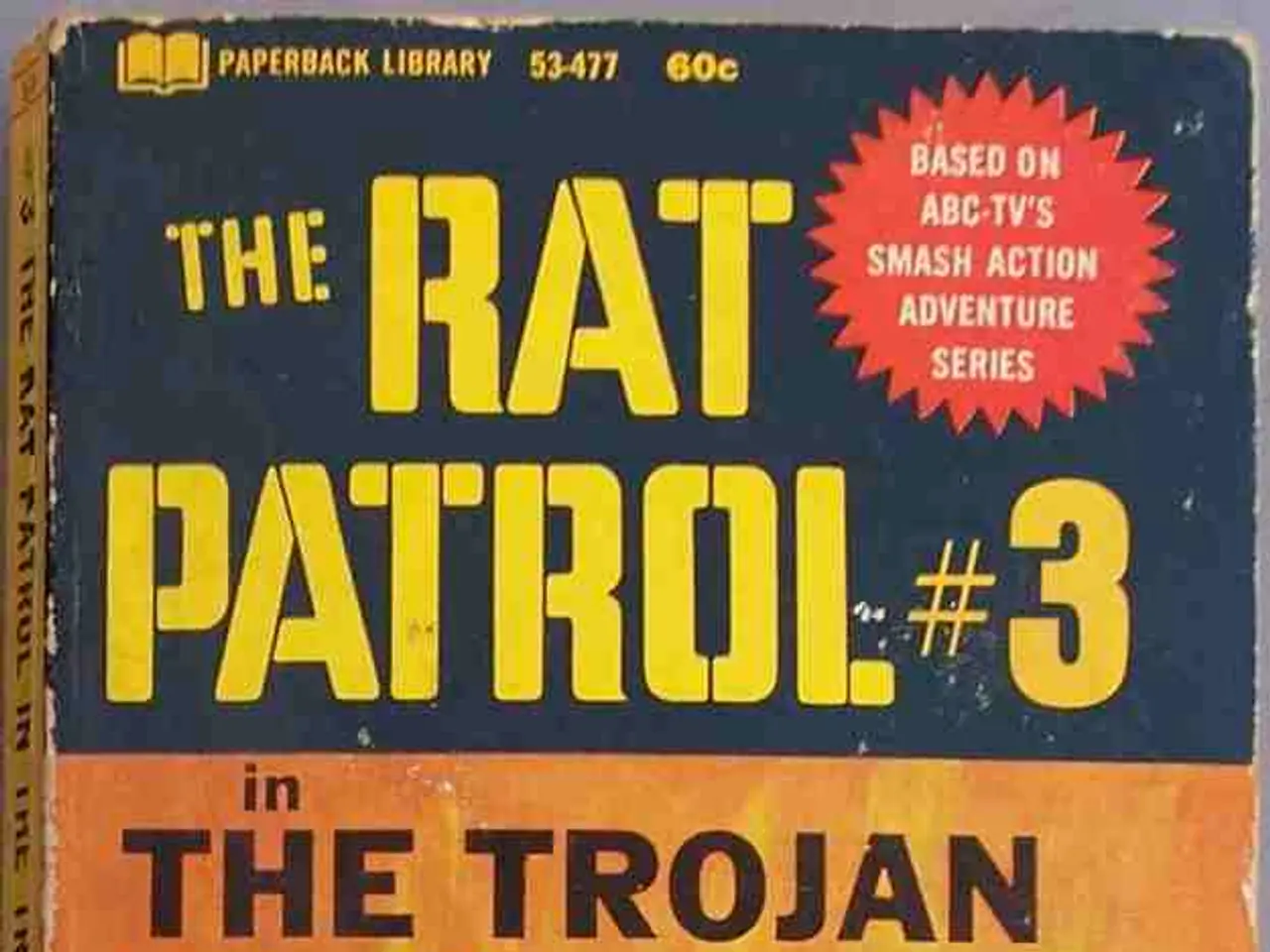Workings of Umpires Explained
Headline: Major League Baseball's Controversial Missed Call: The Galarraga-Joyce Incident and the Push for Instant Replay
Subhead: A closer look at the human error that denied Armando Galarraga a perfect game and the impact it had on the sport.
In the world of Major League Baseball (MLB), umpires are the unsung heroes, the unwavering arbiters of what is right and wrong on the field. But even the most experienced umpires can make mistakes, as was evident in one of the most famous blown calls in MLB history.
On June 2, 2010, Detroit Tigers pitcher Armando Galarraga was one out away from throwing a perfect game. However, a controversial call by umpire Jim Joyce denied Galarraga his historic achievement. Joyce ruled that Tigers shortstop Carlos Guillén had not caught a ground ball cleanly, and the batter was awarded first base.
The call was met with outrage from the Tigers players, fans, and even the broader baseball community. But Joyce, in a rare display of sportsmanship, admitted his mistake tearfully after the game and apologized to Galarraga. The apology was widely respected, but the call stood, and the perfect game was lost for good.
This incident sparked a renewed debate about the need for instant replay in MLB. Some argued that umpires needed help to reduce the number of bad calls, while others believed that umpires should be left to make their own decisions. MLB eventually expanded replay review rules to help prevent similar situations, but at the time, the missed call was final, and MLB did not retroactively change the game's outcome.
Despite the controversy, major league umpires continue to hold a significant responsibility on the field. They undergo extensive training and education, studying video of hitters and pitchers, regularly reviewing their calls, and maintaining accuracy rates of 97% for calling balls and strikes and 99% in the field.
The low turnover rate among major league umpires is testament to their dedication to the craft. With usually only one job opening a year, umpires earn between $120,000 and $350,000 per year, a far cry from the lavish salaries and perks enjoyed by players.
However, umpires are often the focal point of hatred and angst in baseball. Incidents like the one between Roberto Alomar and John Hirschbeck in 1996, when Alomar spat in Hirschbeck's face after a called third strike, only serve to fuel this animosity.
But even in the face of criticism, umpires continue to uphold the integrity of the game. Pittsburgh Pirate catcher Michael McKenry summed it up best when he said, "Umpires will always make some wrong calls, and nobody is perfect. But they do their best, and that's all we can ask for."
[1] ESPN. (2010, June 3). Jim Joyce's apology to Galarraga not enough to change call. [online] Available at: https://www.espn.com/mlb/story/_/id/5449184/jim-joyce-apology-armando-galarraga-not-enough-change-call
[2] MLB.com. (2010, June 3). Galarraga's perfect game bid ends in controversy. [online] Available at: https://www.mlb.com/news/galarragas-perfect-game-bid-ends-in-controversy/c-60016792
[3] SI.com. (2010, June 3). The perfect call that wasn't. [online] Available at: https://www.si.com/mlb/2010/06/03/galarragas-perfect-game-that-wasnt
[4] The Guardian. (2010, June 3). The perfect game that wasn't: Armando Galarraga and Jim Joyce. [online] Available at: https://www.theguardian.com/sport/blog/2010/jun/03/galarraga-joyce-perfect-game-missed-call
[5] Baseball Almanac. (2021). Armando Galarraga Perfect Game. [online] Available at: https://www.baseball-almanac.com/games/games1900to1999/1960galarraga.shtml
[1] In the realm of sports, baseball continues to present compelling stories, such as the 2010 controversy surrounding Armando Galarraga's perfect game attempt.
[2] On the field, Galarraga came tantalizingly close to achieving baseball's most coveted feat; however, an unfortunate call by umpire Jim Joyce robbed him of this historic achievement.








